Call us 1800 243 232
Menu
Call us 1800 243 232
In the final week 4 of Gamble Aware Month, we are focusing on the rapidly growing issue of online sports betting.
Online gambling is Australia’s fastest growing gambling segment and concerns around the gambling harms resulted in a parliamentary inquiry ‘You win some, you lose more’ in June 2023.
On the 21st of August 2023 the Australian Government released BETSTOP, a National self-exclusion register to block access to all phone and online gambling providers.
This week Anglicare Tasmania, in partnership with the Tasmanian State Government, launches Get into the Game, a program which aims to reduce the exposure of the community to sports gambling promotions in local sports.
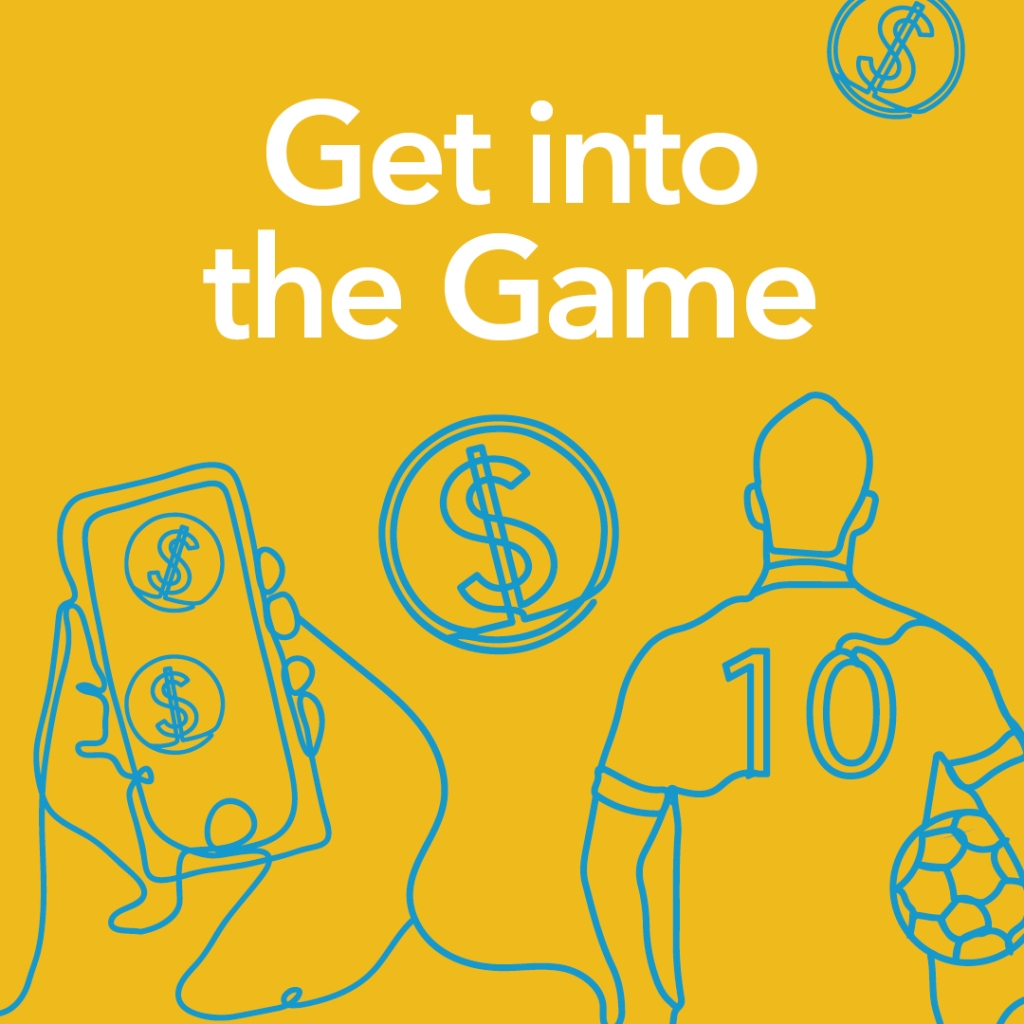
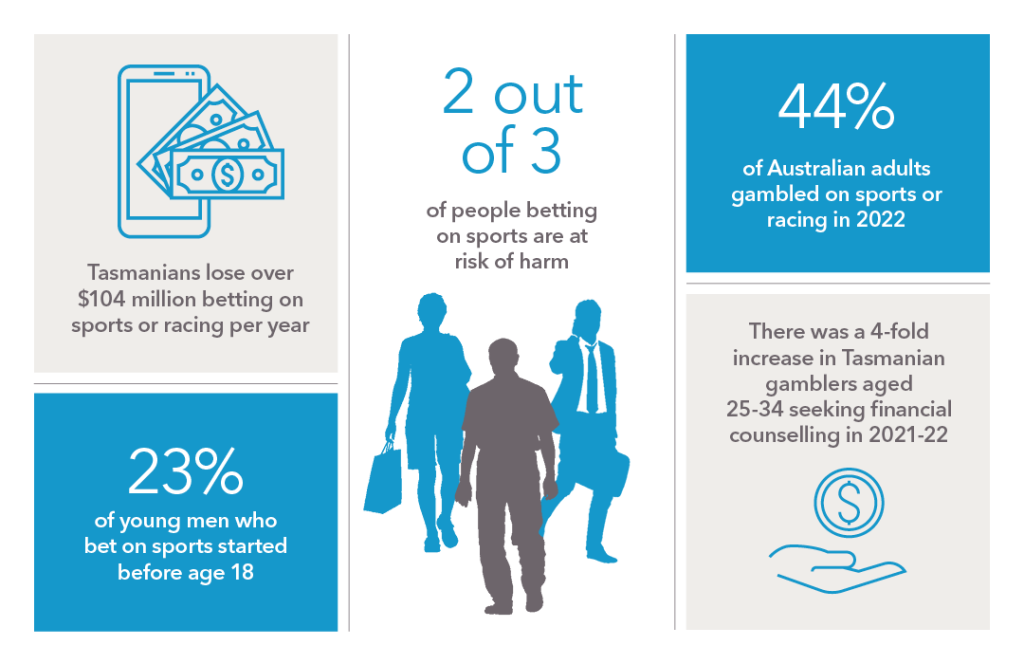
Online gambling is Australia’s fastest growing gambling segment. Anglicare Tasmania’s Social Action and Research Centre ‘What’s the Real Cost?’ report found that online gamblers are younger, more likely to be working, and more likely to be married or living with a partner. Over 90% of Tasmanian online gamblers who sought assistance were under 45 and almost half were under 25.
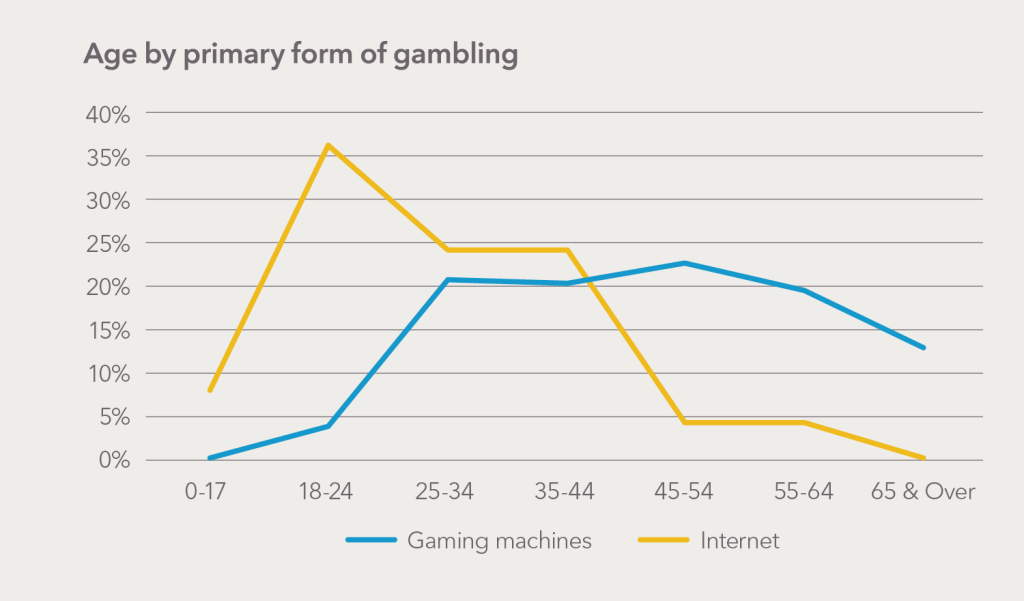

Sam started gambling at a young age. When he finished school, Sam went on to study law at university and got a part-time job. He spent most of his earnings of around $800 a fortnight on gambling, most of it on-line.
When he was 20, Sam lost his employment during the COVID-19 pandemic. However, he continued to gamble, linking his grandfather’s savings account to his online gambling profile. Over the next three weeks, instead of placing his usual bets of $2 to $5 per race, he increased his betting to between $100 and $200 per race. He spent time gambling instead of studying. One evening, the funds ran out. Sam had lost $16,000 of his grandfather’s money.
Sam panicked and accessed his father’s online bank account. He transferred $5000 to his gaming account and tried to win back the losses. Instead, he lost all of the money in the space of an hour. Sam accessed his father’s account again transferring another $5000, which he also lost in less than an hour.
At this point, Sam told his father what had happened. His gambling addiction had led him to engage in fraud and steal $26,000 from his family.
Sam contacted a financial counsellor, who helped him start getting back on track. His situation was complicated by a fraud investigation launched by his father’s bank and the online gambling provider threatened to report Sam’s behaviour to the authorities if the $6000 he owed was not paid in full. The financial counsellor helped Sam to access his superannuation under the COVID-19 provisions and Sam’s mother paid the remainder of the debt to the gaming provider.
Facing risk of prosecution for fraud, Sam accessed legal advice, found work and is gradually paying back the money he owes. He is also receiving counselling from Gamblers Help for his gambling addiction. He has moved interstate.
However, as a result of gambling, Sam has lost his relationship with his family, has reduced his lifetime savings and no longer has a future as a lawyer.
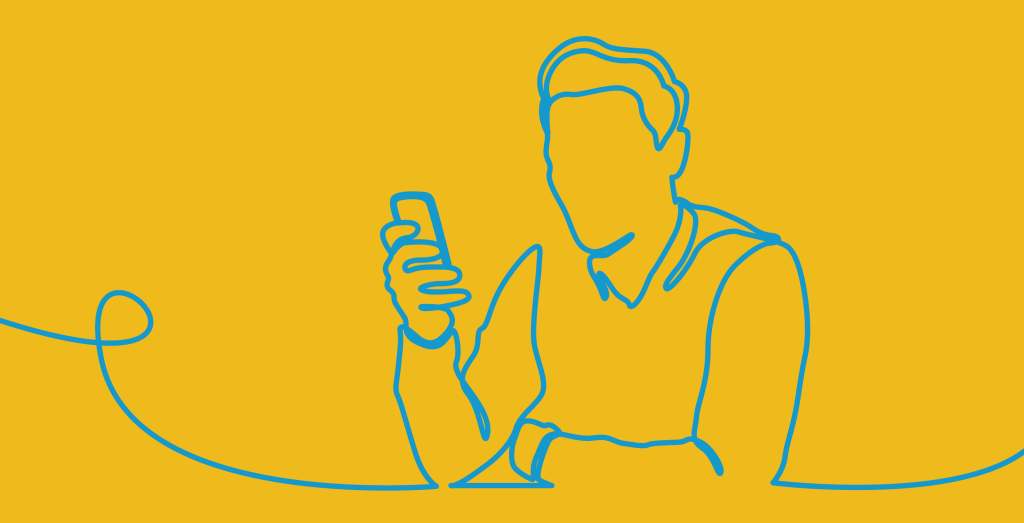
At his first Gamblers Help appointment, Max, 35, explained he had been gambling for over 15 years, mainly on horse racing on-line. Recently he had also started gambling at the pub on the TAB. He told the counsellor he was facing homelessness, with temporary accommodation available for two weeks and nowhere to go after that. One of the challenges was that Max was paid monthly – so when he lost money gambling he was often without money for a long period of time.
He wasn’t eating properly, felt anxious about the gambling losses, and upset that he was lying to people about his situation. Max owed $500 to payday lenders, money to a friend, $1500 to his brother and $500 to his mother.
Gamblers Help supported Max with strategies to meet his financial commitments and pay back the debts. He found that by looking at money differently he was able to channel it into meeting expenses and paying off debt first. He found this rewarding rather than stressful. Max was living with colleagues who were happy to be getting additional money to assist with the rent. Max was feeling positive and hopeful for the future.
The Get into the Game team invites Tasmanian sporting clubs and associations to be part of reducing the exposure of the community – especially young people – to gambling promotions and to disrupt the normalisation of betting on sports.
Visit the Get into the Game website for more information.
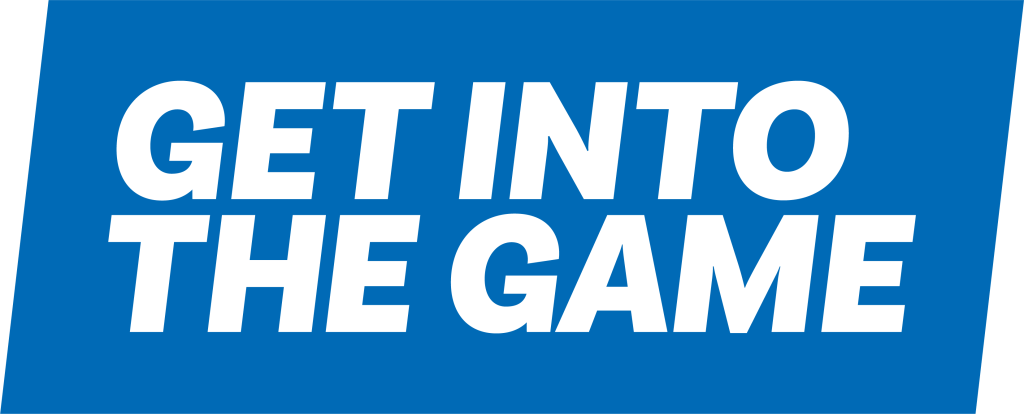
BetStop – the National Self Exclusion Register is a safe and free Australian Government initiative to block yourself from all licenced Australian online and phone gambling providers.
Visit the website for more information – www.betstop.gov.au
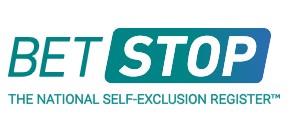
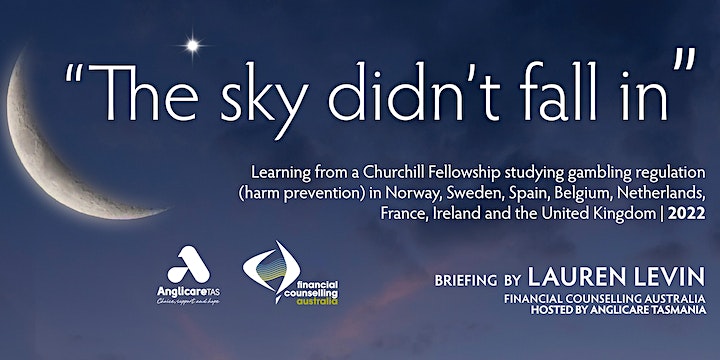
Lauren Levin was awarded a Churchill Fellowship to travel to Europe to learn about regulation related to gambling harm prevention in eight countries.
At this free webinar, hosted by Anglicare Tasmania, Lauren will be sharing her learnings from that time. Her aim is to inject a sense of hope and practical plan for Australia.
Date and Time – Wednesday 27th September 2023 between 1pm and 2pm.
For more information, to RSVP and be sent your webinar link click here.
Anglicare Tasmania provides a range of free Gamblers Support Services which covers family and friends affected by gambling.
The ‘What’s the Real Cost?’ Research Report was published by Anglicare Tasmania’s Social Action and Research Centre in October 2022.
It explores the real cost of gambling in Tasmania, drawing on new research, data from Anglicare Tasmania’s counselling service and real life case studies.
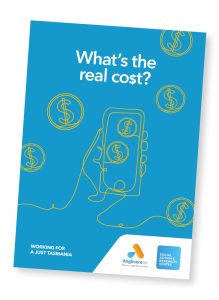
Click the button below to visit our contact page
Contact usOr, if you'd prefer to email us directly
Email usOr, phone us on
1800 243 232